As this will be the first time that this summit comes to Africa, it's a historic occasion. But what is the G20, and, the question on everybody's lips, what does this presidency mean for the City of Joburg?
While the world of politics can often seem synonymous with empty promises, there are hopeful signals being sent out regarding Johannesburg as the 2025 host city for the G20 Summit and how this could benefit us as residents. We delve into a few of these below. But first, a brief primer to establish how the G20 defines itself, who the member countries are, and the group's overarching goals.
1. What is the G20?
Held annually, the G20 – or Group of Twenty – is an international forum made up of countries from all over the world. It aims is to bring global leaders together to, as the website states, "address pressing challenges and foster economic cooperation". The forum came into existence in 1999 following the Asian financial crisis of 1997, during which economic turmoil that started in Thailand affected a large portion of east and southeast Asia. The primary concern was that this turmoil would spread, like a ripple effect, to other countries, and ultimately cause a global economic meltdown. The G20 was put into effect to counter this.2. Which countries are members of the G20?
What was originally an informal forum comprised of the wealthiest developed nations has, in recent years, become a much more inclusive organisation. At present, the G20 is made up of 19 sovereign countries – Argentina, Australia, Brazil, Canada, China, France, Germany, India, Indonesia, Italy, Japan, South Korea, Mexico, Russia, Saudi Arabia, South Africa, Turkey, the United Kingdom, and the United States – as well as the European Union (EU) and the African Union (AU). In the interest of considering a broader range of international opinions, the forum also invites non-member states to participate in summits.Traditionally, the countries in the G20 were divided into the categories labelled 'developed' and 'developing' nations; a naming convention that has lost its currency in a highly politicised world. Today, these divisions are more commonly referred to as the 'global north' and the 'global south'. In the global north, we find the continents of North America, Europe, East Asia, and the country of Israel; the global south is made up of Africa, Asia, Latin America, and Oceania. Of the latter, the only exceptions are Australia and New Zealand, which are grouped with the global north even though they are part of Oceania.
(In the interest of forthrightness, we have to point out that, while 'global north' and 'global south' are the politically correct terms, the grouping has stayed exactly the same as it was when the world was divided into 'developed' and 'developing', or 'third world' and 'first world' countries. If you don't believe us, consider the geographical acrobatics required to include Australia and New Zealand in the northern part of the globe.)
The G20's member states are chosen based on the size of their respective economies. The current member states represent 85% of global gross domestic product and two-thirds of the world's population. The inclusion of the African Union in 2023 as a 21st member has been especially important for our continent, as it has given countries such as South Africa a platform to have a say in international affairs and development goals. To quote the World Economic Forum: "[The move to include the AU] has been broadly welcomed for giving the continent an important voice on key global issues."
3. What are the goals of the G20?
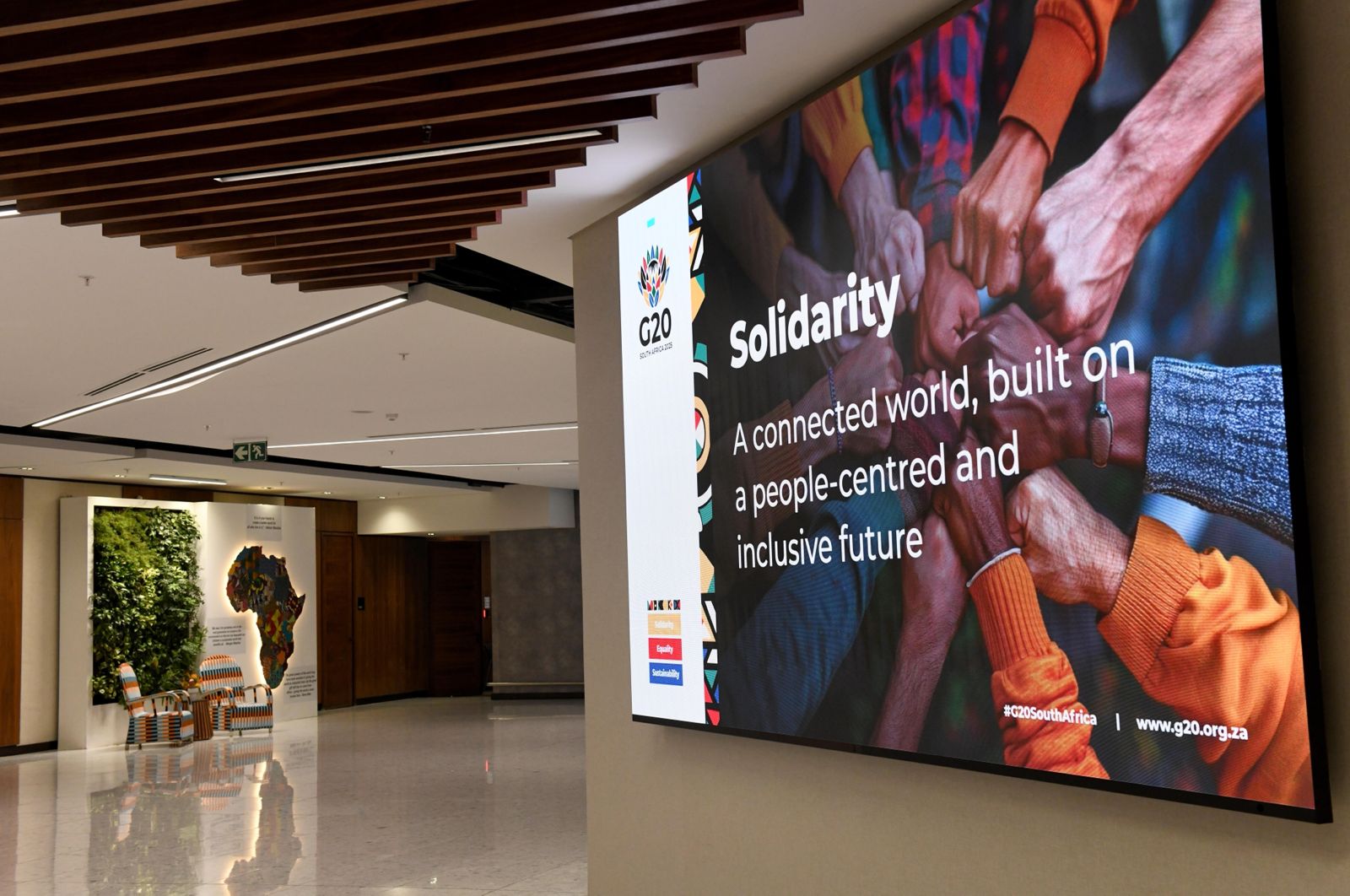
The overall aim of the G20 is to find solutions to shared economic and financial issues and to implement key related goals on a global scale. Specifically, the G20 is concerned with both creating economic stability and helping countries carry out development goals and international agreements, especially those related to trade, the climate crisis, sustainable development, health, agriculture, the environment, and corruption. Year on year, these are weighted according to global concerns. During its G20 presidency, South Africa has proposed the following as focus areas: strengthening natural disaster resilience and response, ensuring debt sustainability for low-income countries, and mobilising finance for a just energy transition.
4. South Africa assumes presidency of the G20 for 2025
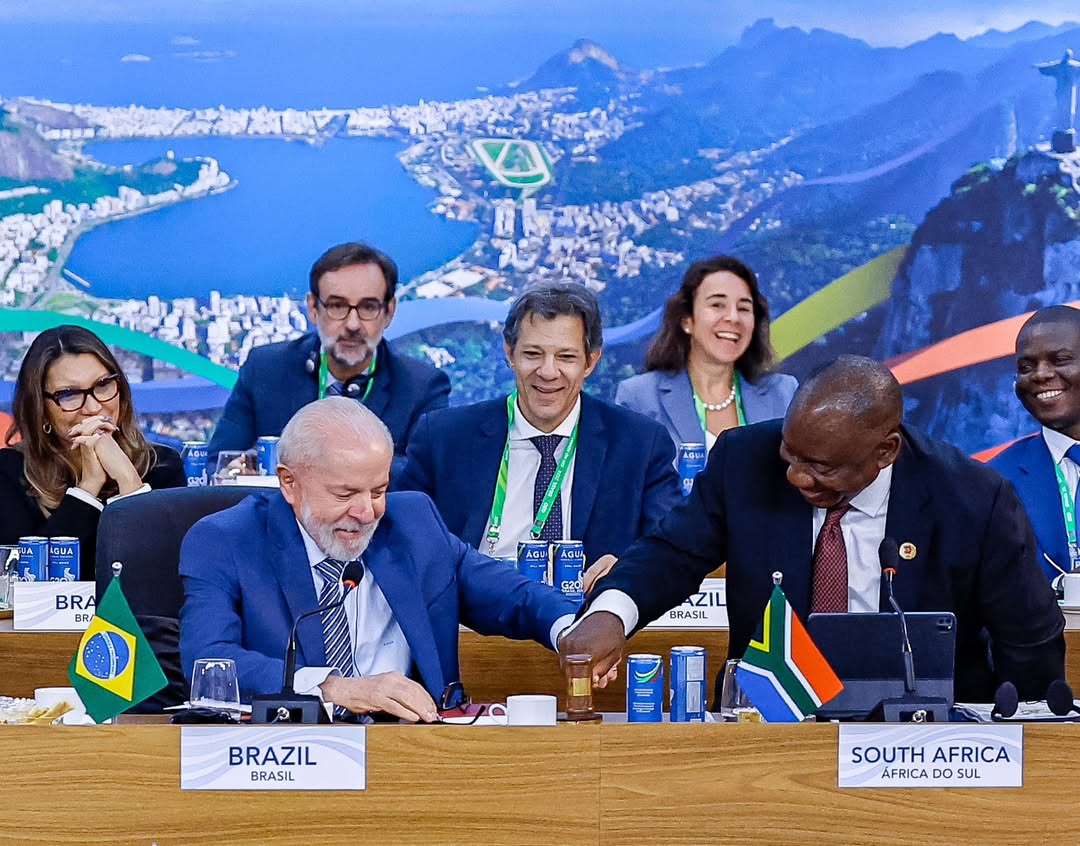
The country that holds the presidency is traditionally supported by a 'troika' – a group of three entities or people who work together (also the word for a type of Russian vehicle pulled by three horses, but we digress) – made up of the previous, current, and future presidents.
For 2025, this troika is supposed to consist of South Africa, Brazil – the 2024 G20 president – and the United States of America, which is expected to take over the presidency in 2026. However, it remains to be seen how this will pan out. Recent events have seen US President Donald Trump criticise South Africa's domestic policies and he's directed his Secretary of State, Marco Rubio, to refuse to attend the G20 Foreign Ministers' Meeting on Thu, Feb 20 and Fri, Feb 21, 2025, at Nasec in Joburg.
As John Stremlau writes for Daily Maverick, "The challenge that will face G20 members sending delegations to South Africa this year is whether and how to respond to the outbursts by the world’s most powerful state criticising the smallest and only sovereign African member of the G20 at a time when the US is scheduled to preside over the G20 next year."
'Everybody wants to rule the world', but along with its newfound power, South Africa's presidency is taking place at a time when the world is at its messiest. Globally, we are facing issues such as the climate crisis, underdevelopment, inequality, poverty, hunger, unemployment, technological changes, and geopolitical instability – the weather makes no sense any more, AI might take over the world, and everybody seems ready to go to war.
Amidst this fustercluck (also known as a 'polycrisis'), it is up to South Africa to save the day. The themes chosen for the 2025 presidency are Solidarity, Equality, and Sustainability; underscoring a hope to acknowledge the interconnected challenges of the world and unify the disparate forces working to resolve these, striving for fair treatment of all people and nations, and meeting present needs without compromising future resources.
5. Taking cues from 2024 host Rio de Janeiro
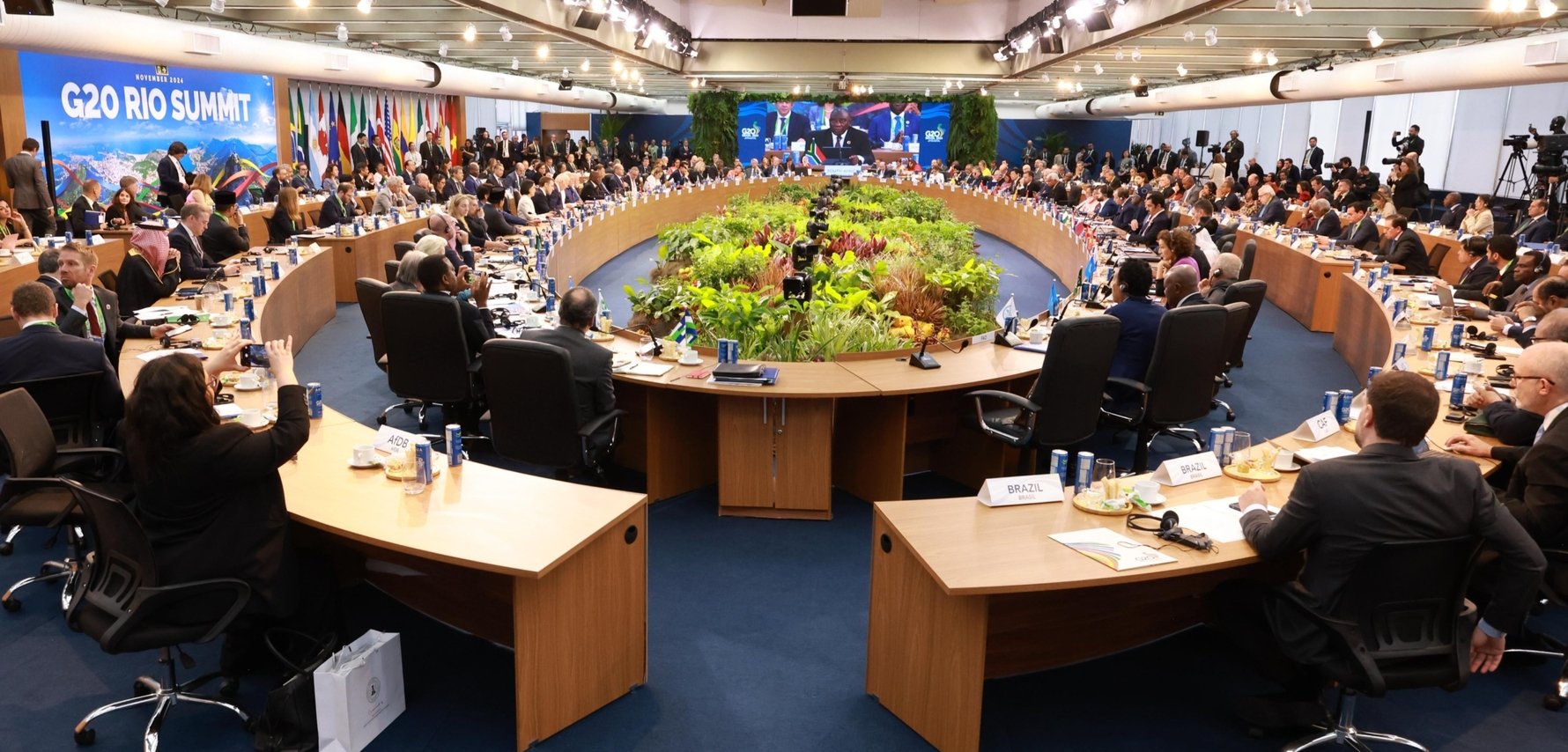
Pedro Vormittag puts the transformative potential of hosting a G20 Summit into perspective, saying: "With the potential to attract tens of thousands of people to the cities hosting its meetings, in a way, the G20 resembles major events like the Olympic Games, World Expos, and the FIFA World Cup: a beacon that captures the world's attention. In the case of the G20, it is the largest international Summit event in Brazil's history."
When thousands of international delegates come together in this way, it offers an opportunity for local city managers to put their best foot forward. In Rio, this meant mobilising the city to ensure the Summit was a success, while leveraging this opportunity to bring some of the region's most pressing issues to the fore.
It was hailed as a "transformative event for Rio" by change.org, "rejuvenating the city's cultural and economic landscape". As an important cultural space, the revitalisation of Rio's Museum of Modern Art (MAM) is one example of this – it underwent extensive renovation and restoration work to prepare it as the venue for the 2024 G20 Summit. "The choice of MAM for the event enabled the City of Rio to carry out the largest revitalisation of the Flamengo Park [the largest public park in Rio] in the last 25 years, covering more than 100 square metres," explains an article on Prefeitura Rio.
Hosting the G20 was a chance for the region to attract the attention of investors and, in the words of Mayor Eduardo Paes, "Reinforce Rio's image as a place where people want to be and a city that inspires heads of state in their decision-making."
During its presidential term, Brazil launched what was dubbed the Social Summit to draw civil society input and focus on the needs of people on the lower end of the income scale ahead of the main G20 meeting. In the lead-up to this, Minister of Foreign Affairs Mauro Vieira expected 40,000 people from G20 countries to attend meetings and panels in revamped warehouses in downtown Rio de Janeiro's port area. President Cyril Ramaphosa has committed to building on this tradition while South Africa is at the helm of the G20, remarking at the handover ceremony: "This is in line with our own traditions as South Africa to involve civil society formations in all matters of importance to the people of the country."
6. Leveraging the G20 Summit for the good of Joburg
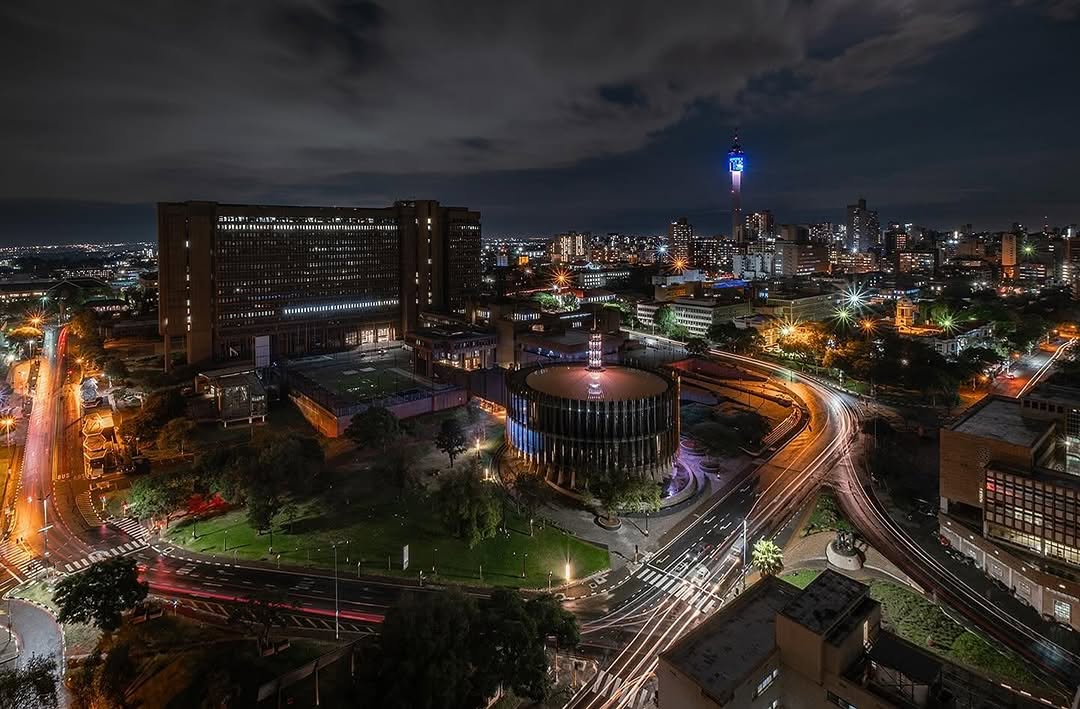
Hosting the G20 Summit puts Joburg, South Africa, and the continent at large on the global map. And for the first time since we became a member of the G20, South Africa has a chance to speak on matters that are of particular importance to the country.
In a report published by the Parliamentary Monitoring Group, the proposed budget for the Department of International Relations and Cooperation (DIRCO) to host all G20 meetings, including the G20 Summit in November, is R500,000,000.
Because Joburg is where everyone is set to gather, it is likely that the city will receive special attention from the municipality, and even the national government. It's unclear just how many people will flock to the city for the Summit, but we know that 19 world leaders will be in attendance, each with sizeable delegations in tow.
When Rio hosted the Summit in 2024, the usually laid-back city prioritised security, with police and soldiers on the streets and thousands of security cameras casting a watchful eye over the proceedings. In striking contrast, officials declared two days as public holidays to allow locals to avoid the disruption this would cause to their daily lives. Depending on where Johannesburg's host venue will be, we should expect something similar. If it's the Sandton Convention Centre, for instance, which seems a likely candidate, we can be certain the streets of this business district will be unplayable at that time.
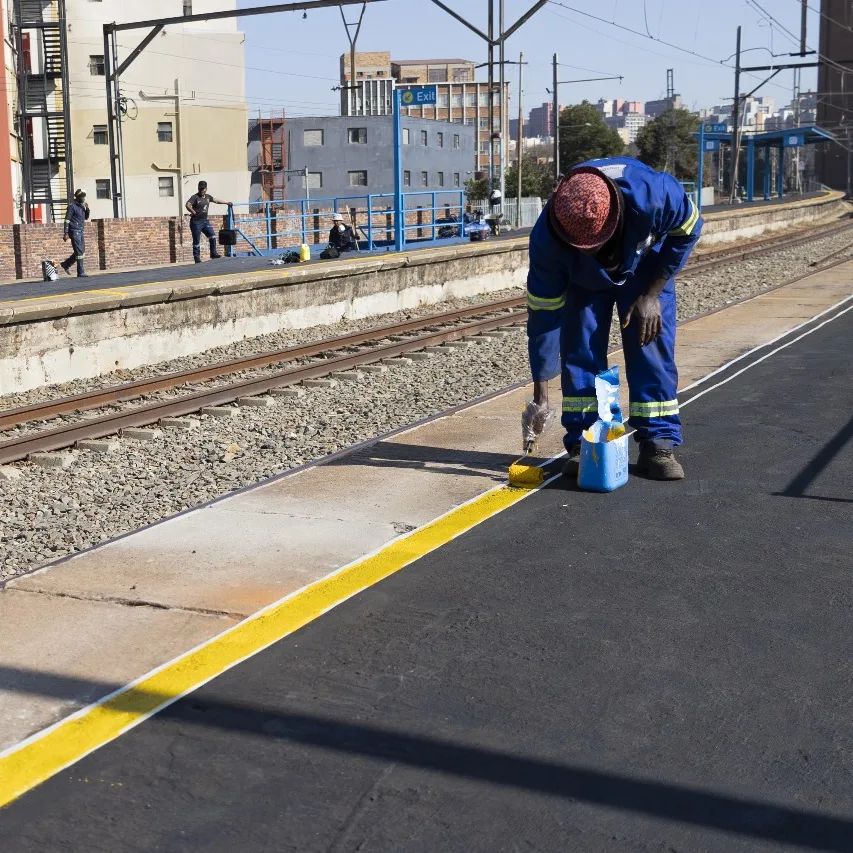
While hosting this high-profile event is a great opportunity for local government to finally trim a few hedges, mow the occasional lawn, and fix some potholes, we're hoping for something a little more substantial by way of preparation.
Recently, we have been happy to see little changes being made in and around the city: renewals at Ellis Park Precinct, the renovation of the Barbican Building, the restoration of the Rissik Street Fountain, the handover of one of Anglo American's buildings to the University of the Witwatersrand's Business School, renewal at Gandhi Square Precinct, ongoing attempts to reopen the Johannesburg City Library, upgrades at Donald MacKay Park in Berea, and the restoration of public art by Spaza Art Gallery. All this in an effort to restore some dignity to the city.
Changes such as these – however subtle they may be – are defining a new era in Joburg's history, and we hope to see more of the same when the Summit comes to town in November. Just one example of how this may take shape is the petition to make the Johannesburg Art Gallery a host venue for Summit which, if successful, means the building will finally receive the upgrade it sorely needs.
But it is the hope that this event will "focus not merely on infrastructure but rather [bring about] a significant transformation of the cityscape itself", writes journalist Siyabonga Sithole. In light of the partnership forged with JoziMyJozi – and the many successful projects they've undertaken in the city – we, along with JoziMyJozi's director Adam Craker, remain hopeful that a "safer, cleaner, and more vibrant Johannesburg" will result.
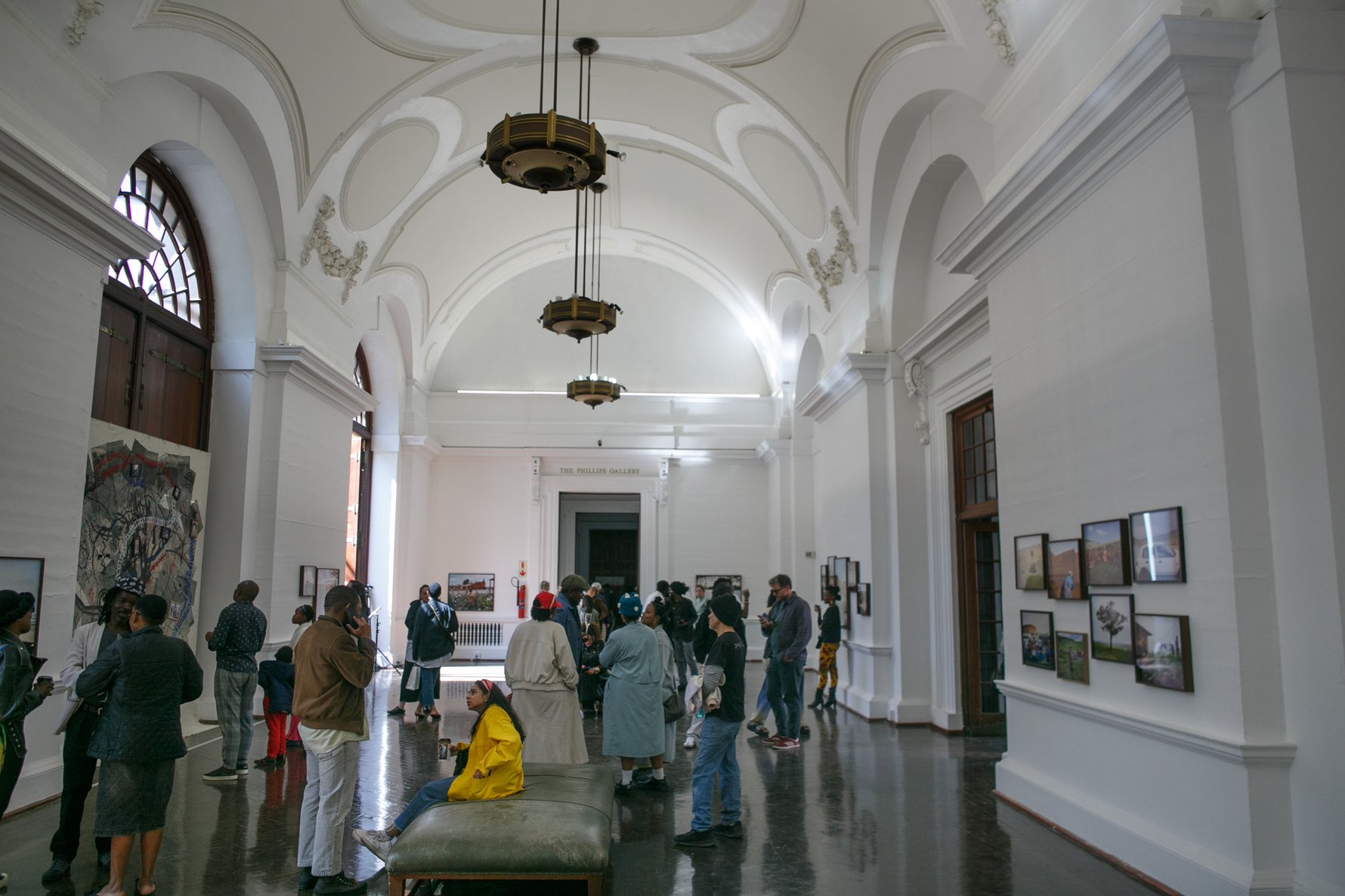
On a much bigger scale, the Summit is also an opportunity for South Africa to attract international investment. More money means more projects and, in view of the many socioeconomic struggles the city faces, more projects are exactly what we need. Issues such as homelessness, poverty, and unemployment have to be addressed urgently, and it is the hope that more financial and creative investments are the answer we've all been waiting for.
And as optimistic as this may sound, we firmly believe that anyone who sees this lovely city of ours will be instantly inspired to help make it better. Knowing that there is something big on the horizon can also motivate locals to work together to beautify our city and make some changes to the lives of those who live here.
In anticipation of the Summit, President Cyril Ramaphosa made the following statement in January 2025: "As this will be the first G20 Summit held in Africa, it is a valuable platform to demonstrate Africa's promise. Africa is the next frontier of global growth and productivity [and] South Africa has a rich history of inclusive dialogue and common action. I invite you to come and see South Africa for yourself, the most beautiful country in the world." And if all this sounds too good to be true, at least we can look forward to those freshly trimmed hedges, or perhaps working street lights on the city's highways.
Visit g20.org for more about the forum and its plans for 2025.


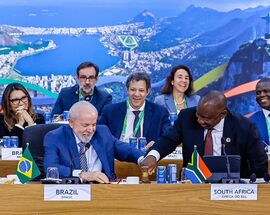
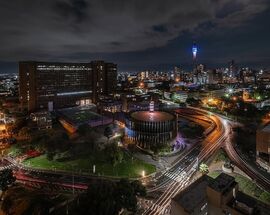
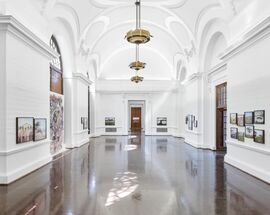


Comments